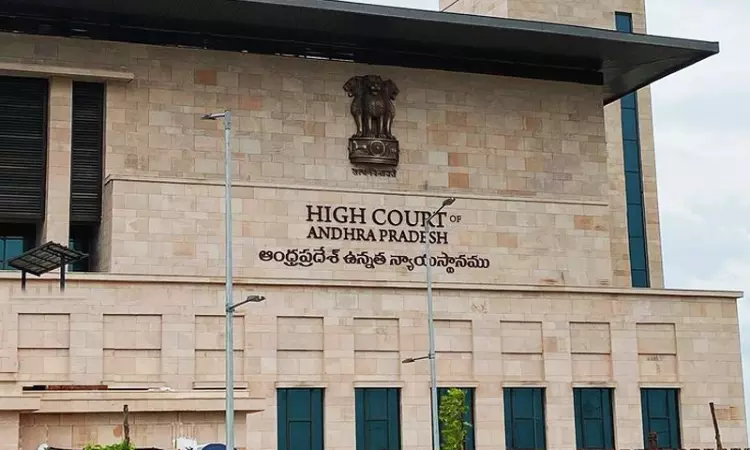- Home
- /
- High Courts
- /
- Andhra Pradesh High Court
- /
- 'Adolescent Love Can't Be...
'Adolescent Love Can't Be Controlled By Courts': Andhra Pradesh High Court Grants Bail To 21-Yr-Old Booked Under POCSO, Child Marriage Act
Fareedunnisa Huma
22 March 2024 5:08 AM GMT
The Andhra Pradesh High Court has reiterated that while dealing with cases of adolescent love where there is lack of inducement or threat, the Courts must be conscious that they are not dealing with criminals. It thus granted bail to a 21 year old boy charged under the POSCO Act, Prohibition of Child Marriage Act 2006 and the Indian Penal Code. "A bare reading of the complaint would prima...
The Andhra Pradesh High Court has reiterated that while dealing with cases of adolescent love where there is lack of inducement or threat, the Courts must be conscious that they are not dealing with criminals.
It thus granted bail to a 21 year old boy charged under the POSCO Act, Prohibition of Child Marriage Act 2006 and the Indian Penal Code.
"A bare reading of the complaint would prima facie indicate that the girl left her family home on her own, and only on her phone call, the Accused escorted her. On the face of it, this is a case of elopement of two people, who were in love, where unfortunately the victim girl is a minor...adolescent love cannot be controlled by the Courts and the Judges have to be careful in granting or denying Bails in such matters. In the case of lack of inducement or threat, the Court must be conscious of the fact that they are not dealing with criminals," observed Justice Venkata Jyothirmai Pratap.
The case as narrated by the prosecution was that the victim girl and the accused were in love, however the family of the victim did not accept their relation, due to which the accused kidnapped the minor victim girl and sexually assaulted her.
Per contra, the accused stated that he and the victim girl were in love, and when their relation was not accepted the victim tried to commit suicide by drinking rat poison and called the accused to tell him what she had done. The cousin sister of the victim who was present in the house took her to the hospital, the accused reached the hospital and when the victim was discharged, they both eloped and tied 'taali' to her at a temple and took her to his relatives' place.
The counsel for the accused brought to the notice of the Court that the narrative of the accused was corroborated by the victim herself. He additionally pointed out that when the accused found out that a case was registered against him, he dropped the victim back to the house of her parents.
Observing the conduct of the accused, the Court held that this was no situation of threat of inducement, but adolescent love. Hence it held that ingredients mandatory for conviction under section 366 of the IPC were not present.
Relying on Mahesh Kumar v. State (NCT of Delhi and Bhagwan Singh v. Dilip Kumar and others, the Court held:
"Further, while dealing with bail applications of this nature, due consideration should be made on various factors like the nature of the offence, heinousness of the crime, punishment and the role of the accused involved...This Court makes it clear that in each case of granting bail, adjudication should depend on its own facts and as in this case, there is consistent version and due to lack of coercion or inducement or threat, it is apposite to allow the present petition.Accordingly, Criminal Petition is allowed and the Petitioner/Accused is released on bail."
The accused was directed to execute a personal bond of INR20,000 with two sureties of like sum each to the satisfaction of the trial court judge and the petition was allowed.


